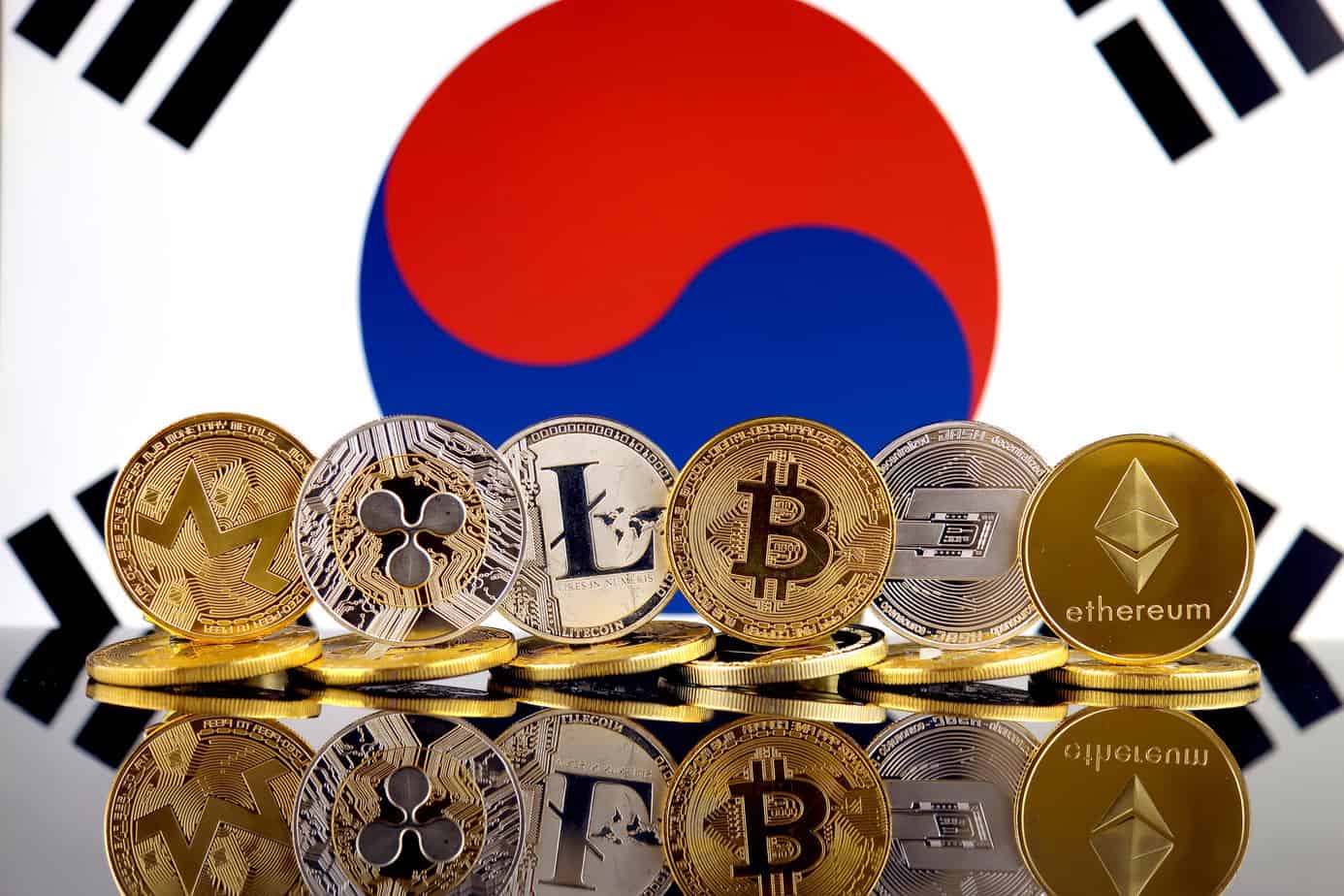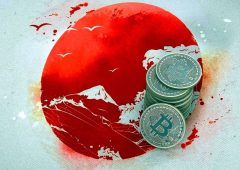South Korea Cracks Down on Crypto Exchanges, Tightens Oversight
05.09.2024 9:30 1 min. read Alexander Stefanov
South Korea’s Financial Supervisory Service (FSS) is set to crack down on virtual asset exchanges, focusing on uncovering illegal or suspicious activities.
Reports indicate that the FSS will enforce strict penalties for any misconduct and may push for regulatory changes to address any gaps in the system. The upcoming inspections aim to ensure that crypto platforms adhere to current laws and identify any questionable transactions.
This move aligns with South Korea’s broader efforts to safeguard crypto investors, following the recent implementation of the “Virtual Asset User Protection Act.”
This law, effective since July 19, mandates protective measures such as separating customer assets from exchange funds and insuring against hacks.
READ MORE:

Japan to Cut Crypto Tax Rate from 55% to 20%
Meanwhile, global regulators are also tightening their grip on digital asset platforms. For instance, Hong Kong has made operating an unlicensed crypto exchange a criminal offense, and the UK recently fined Coinbase’s British arm for compliance failures.
-
1
Trump’s 2024 Crypto Earnings Top $58 Million—DeFi Stake Drives Most of the Haul
16.06.2025 9:00 2 min. read -
2
Tron Sets Sights on Wall Street Through Reverse Merger
17.06.2025 7:00 1 min. read -
3
Big Funds Sell $51B in May, But Buybacks Cushion U.S. Stock Market
20.06.2025 10:00 2 min. read -
4
Tether Now Among World’s Largest Holders of U.S. Treasuries, CEO Says
21.06.2025 9:00 1 min. read -
5
Canton Network Developer Secures $135M to Expand Institutional Blockchain Use
25.06.2025 12:00 1 min. read
Here is Why the Fed May Cut Rates Earlier Than Expected, According to Goldman Sachs
Goldman Sachs now expects the Federal Reserve to begin cutting interest rates sooner than previously anticipated, forecasting the first reduction as early as September 2025.
Robinhood Faces Scrutiny from European Bank Over Tokenized Stock Offerings
Lithuania’s central bank has reached out to Robinhood for further details regarding its newly launched stock token products, following a public distancing by OpenAI from the initiative.
USA Imposes Tariffs on Multiple Countries: How the Crypto Market Could React
As President Trump accelerates his tariff strategy ahead of the August 1 deadline, new White House letters reveal formal trade warnings sent to multiple nations, including Tunisia, Cambodia, Indonesia, and others.
EU Grants MiCA Licenses to 53 Crypto Firms: Here Is the Full List
The European Union has granted a total of 53 licenses under its MiCA (Markets in Crypto-Assets) regulatory framework, marking a major step toward harmonized crypto oversight across the region.
-
1
Trump’s 2024 Crypto Earnings Top $58 Million—DeFi Stake Drives Most of the Haul
16.06.2025 9:00 2 min. read -
2
Tron Sets Sights on Wall Street Through Reverse Merger
17.06.2025 7:00 1 min. read -
3
Big Funds Sell $51B in May, But Buybacks Cushion U.S. Stock Market
20.06.2025 10:00 2 min. read -
4
Tether Now Among World’s Largest Holders of U.S. Treasuries, CEO Says
21.06.2025 9:00 1 min. read -
5
Canton Network Developer Secures $135M to Expand Institutional Blockchain Use
25.06.2025 12:00 1 min. read

